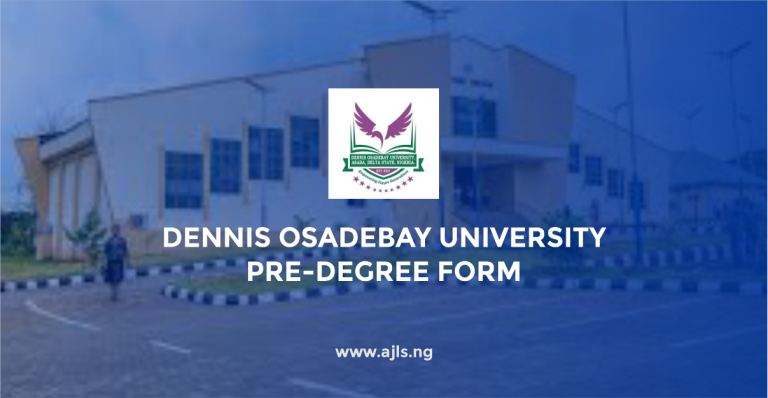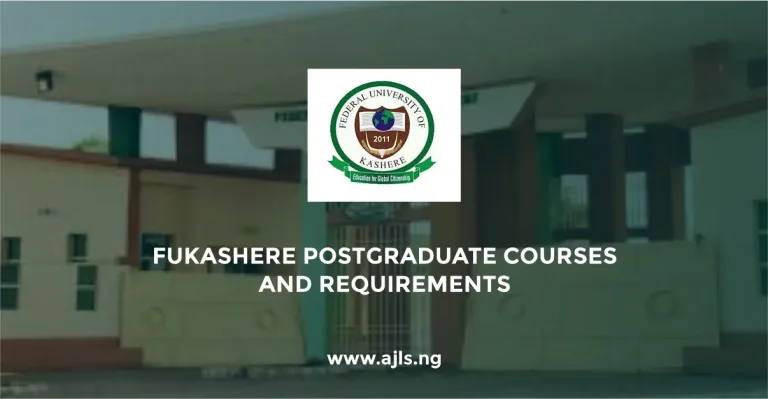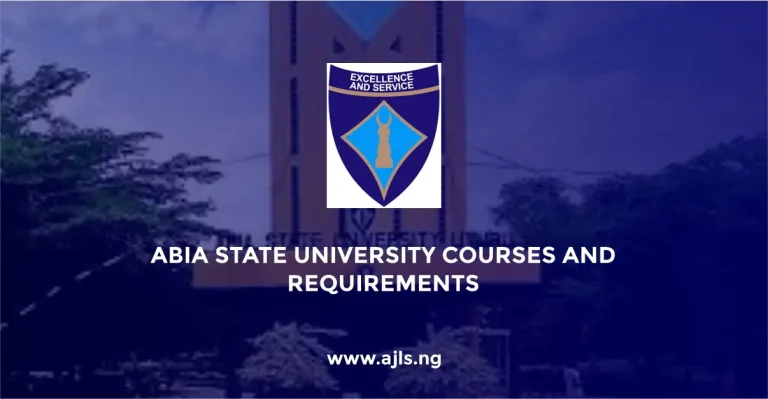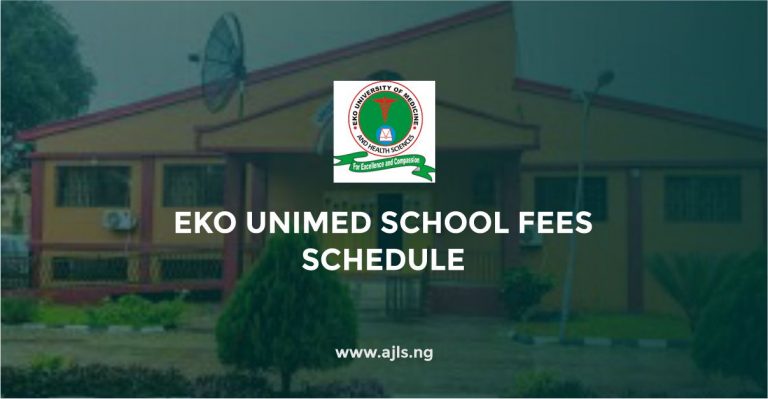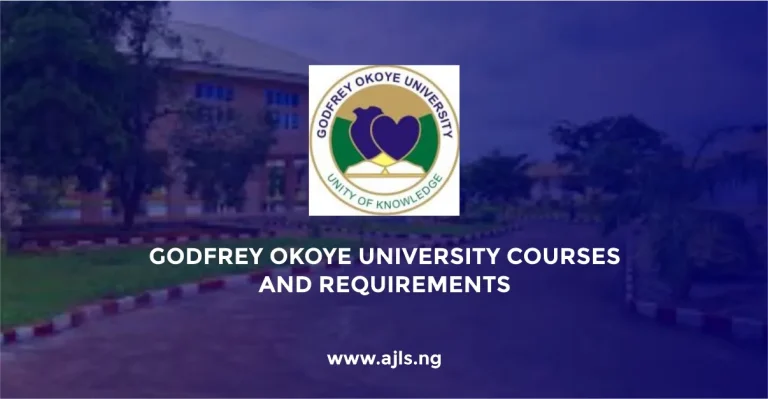WAEC Syllabus for Literature in English
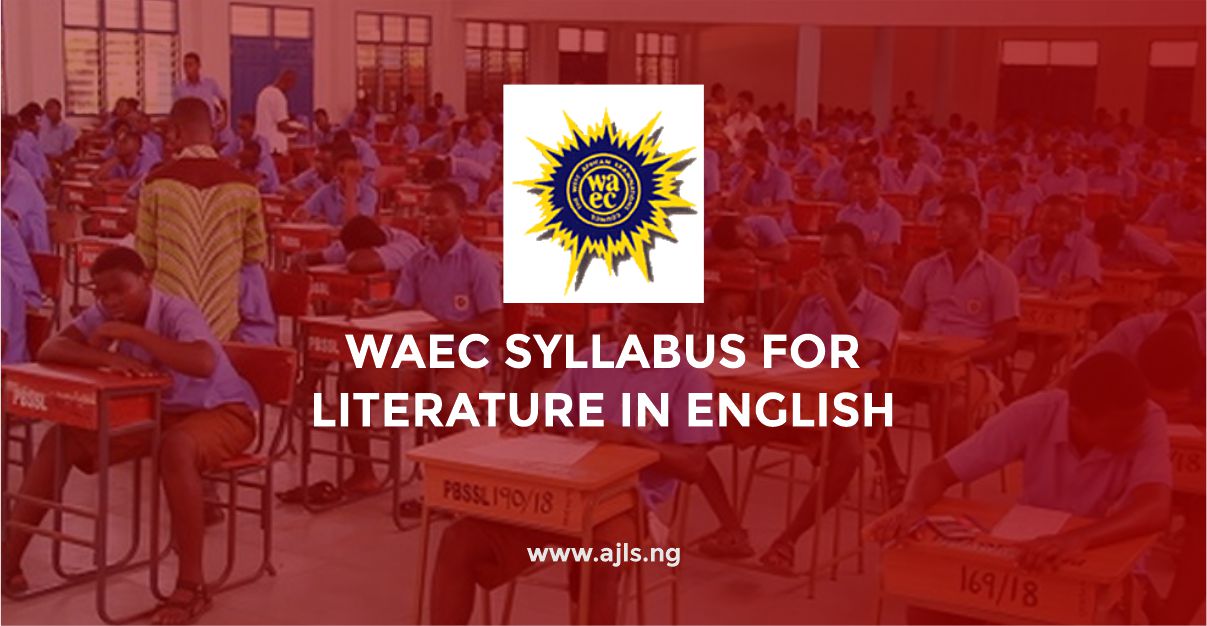
The West African Examination Council (WAEC) has published the WAEC syllabus for Literature-in-English. This is a guide for candidates who are aspiring to write Literature-in-English in the forthcoming examination. The WAEC Literature in English examination is designed to assess a student’s ability to understand, analyze, and appreciate literary works.
The West African Examinations Council (WAEC) Literature in English syllabus aims to cultivate students’ appreciation for literary works and develop their analytical and critical thinking skills. It aims to expose students to a diverse range of literary genres, including poetry, drama, and prose, from both African and non-African writers.
By engaging with these texts, students are encouraged to explore themes, characters, and literary devices, fostering a deeper understanding of human experiences and cultural perspectives.
An Outline of the WAEC Syllabus for Literature-In-English
The syllabus aims to:
- Foster an appreciation of literary works from different cultures and periods.
- Develop critical thinking and analytical skills through the study of literature.
- Enhance understanding of the use of language and literary devices in conveying themes and messages.
- Encourage personal responses to literature, promoting empathy and cultural awareness.
Scheme of Examination
The WAEC Literature-in-English examination comprises three papers:
Paper 1: Multiple-Choice Objective Test
Content
- 20 questions on General Knowledge of Literature.
- 5 questions on an unseen prose passage.
- 5 questions on an unseen poem.
- 20 context questions on a prescribed Shakespearean text.
Duration: 1 hour
Marks: 50 marks
Paper 2: Essay Test on Prose
Sections
- Section A: African Prose
- Section B: Non-African Prose
Content
- Two essay questions will be set on each of the prescribed novels.
- Candidates are required to answer one question from each section.
Duration: 1 hour 15 minutes
Marks: 50 marks
Paper 3: Drama and Poetry
Sections
- Section A: African Drama
- Section B: Non-African Drama
- Section C: African Poetry
- Section D: Non-African Poetry
Content
- Two essay questions will be set on each of the prescribed texts in every section.
- Candidates are required to answer one question from each section, totaling four questions.
Duration: 2 hours 30 minutes
Marks: 100 marks
African Prose
- Faceless by Amma Darko
- Lonely Days by Bayo Adebowale
Non-African Prose
- Wuthering Heights by Emily Brontë
- Invisible Man by Ralph Ellison
Shakespearean Text
- A Midsummer Night’s Dream by William Shakespeare
African Drama
- The Lion and the Jewel by Wole Soyinka
- The Dilemma of a Ghost by Ama Ata Aidoo
Non-African Drama
- She Stoops to Conquer by Oliver Goldsmith
- The Importance of Being Earnest by Oscar Wilde
African Poetry
- “Black Woman” by Léopold Sédar Senghor
- “The Grieved Lands” by Agostinho Neto
Non-African Poetry
- “The Proud King” by William Morris
- “The Journey of the Magi” by T.S. Eliot
Candidates should ensure they study these texts thoroughly, focusing on themes, characterization, plot development, and literary devices employed by the authors.
Preparation Tips
- Understand the Examination Format: Familiarize yourself with the structure of each paper and the types of questions to expect.
- Read All Prescribed Texts: Ensure you read and comprehend all the prescribed texts, taking note of key themes, characters, and stylistic devices.
- Practice Past Questions: Regularly practice with past examination questions to build confidence and improve time management.
- Join Study Groups: Engage in discussions with peers to gain diverse perspectives on the texts.
- Consult Additional Resources: Utilize study guides, literary critiques, and other educational materials to deepen your understanding of the texts.
WAEC Recommended Textbooks for Literature-In-English
The West African Examinations Council (WAEC) has prescribed specific texts for the Literature-in-English examination for the 2026–2030 period. These texts are categorized into African Prose, Non-African Prose, African Drama, Non-African Drama, African Poetry, Non-African Poetry, and a Shakespearean play.
African Prose
- Pede Hollist: So the Path Does Not Die
- Elma Shaw: Redemption Road
Non-African Prose
- Harper Lee: To Kill a Mockingbird
- Susanne Bellefeuille: Path of Lucas: The Journey He Endured
African Drama
- Bosede Ademilua-Afolayan: Once Upon an Elephant
- Efua Sutherland: The Marriage of Anansewa
Non-African Drama
- J.B. Priestley: An Inspector Calls
- Robert Bolt: A Man for All Seasons
African Poetry
- Gabriel Okara: “Once Upon a Time”
- Elizabeth L.A. Kamara: “New Tongue”
- Wole Soyinka: “Night”
- Niyi Osundare: “Not My Business”
- S.O.H. Afriyie-Vidza: “Hearty Garlands”
- Syl Cheney-Coker: “The Breast of the Sea”
Non-African Poetry
- Lord Byron: “She Walks in Beauty”
- Geoffrey Chaucer: “The Nun’s Priest’s Tale”
- Seamus Heaney: “Digging”
- Maya Angelou: “Still I Rise”
- Fleur Adcock: “The Telephone Call”
- Wilfrid Wilson Gibson: “The Stone”
Shakespearean Play
- William Shakespeare: Antony and Cleopatra
Conclusion
We hope this article has assisted you tremendously. Let us know your thoughts in the comment section below. We would like you to check back on this page for more relevant information about universities, polytechnics, and colleges of education.
You can bookmark or save this page for a revisit. If you have any questions or further inquiries kindly drop them in the comment box below. Also, endeavor to share this page with family and friends to keep them posted with this information.
